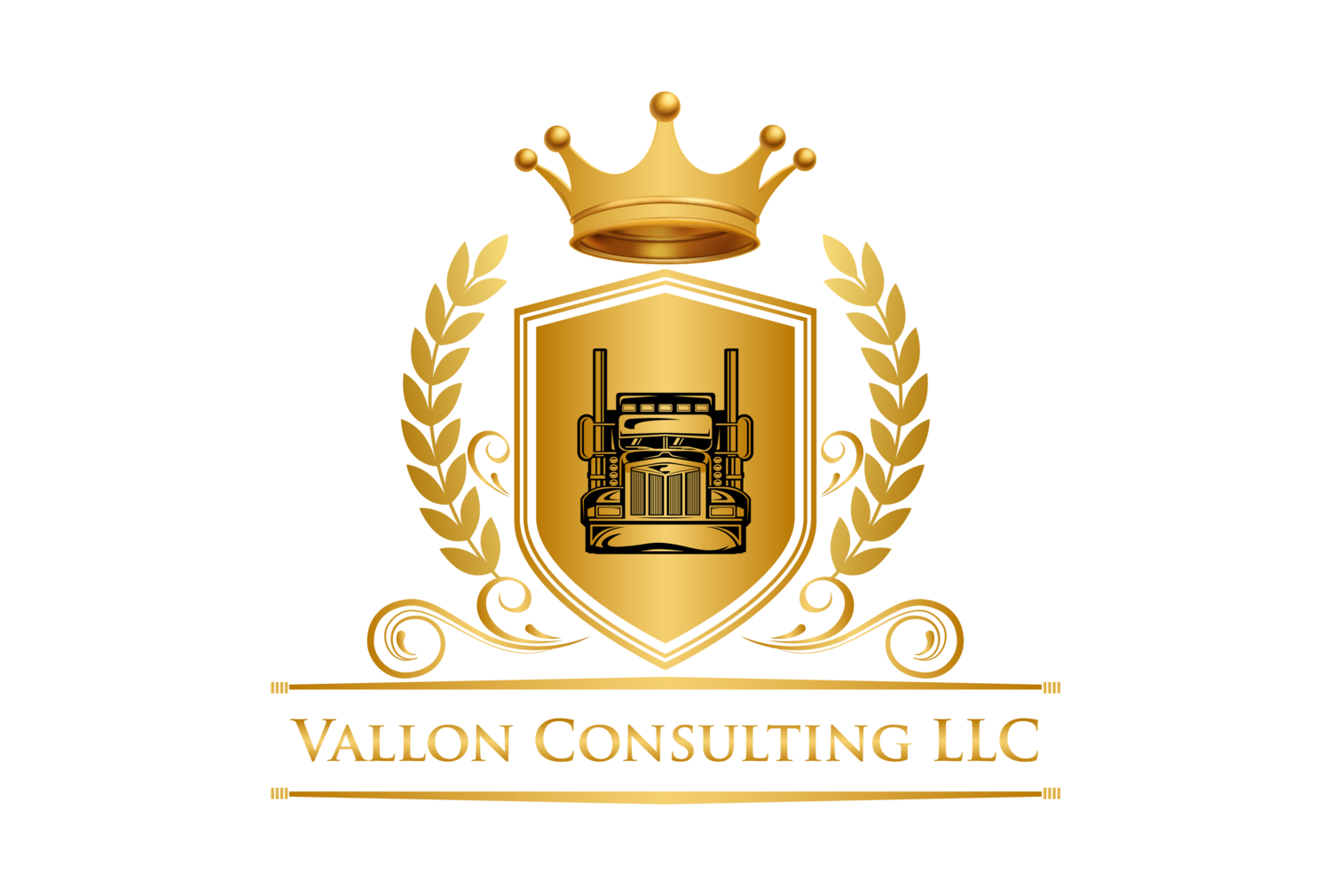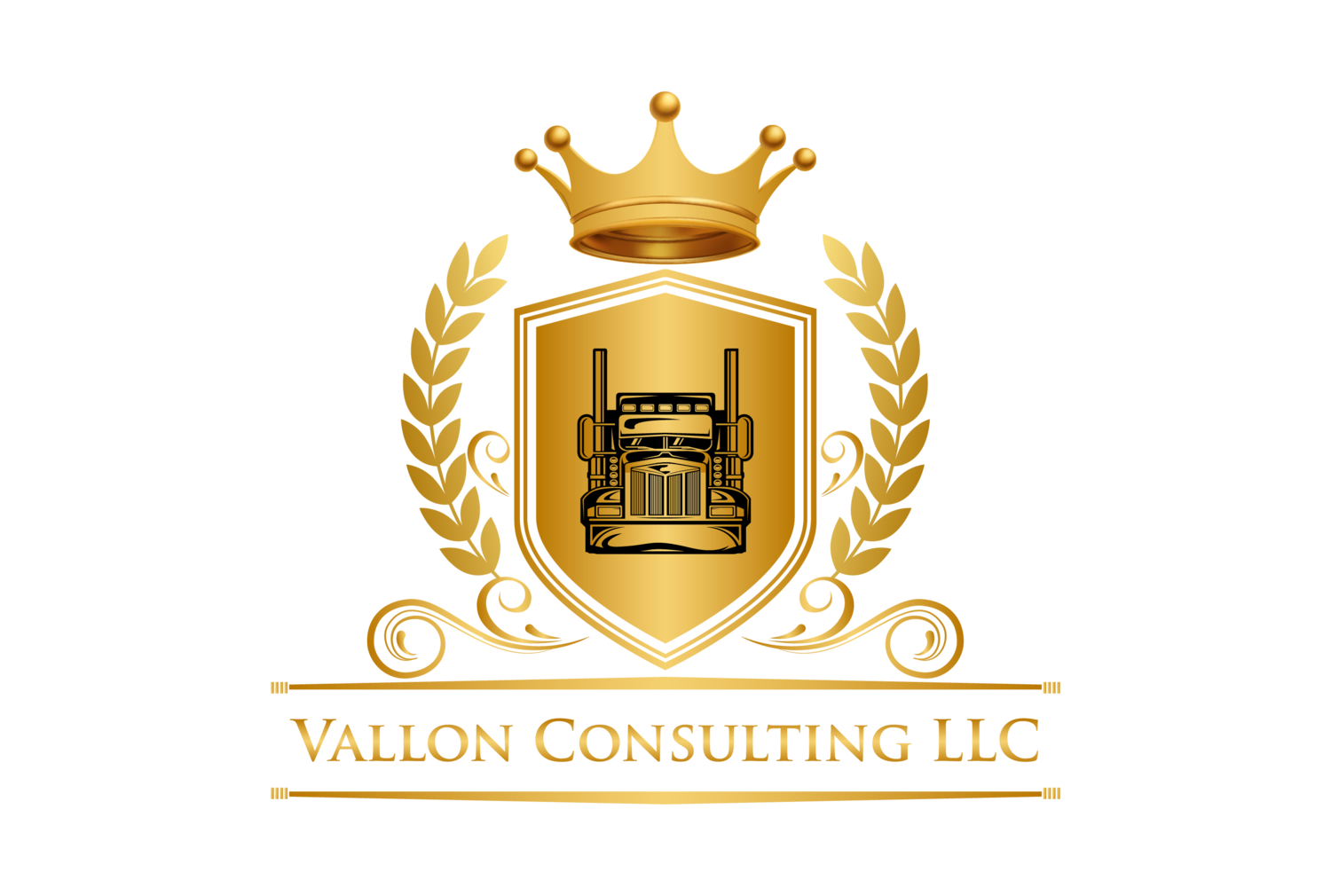Comprehensive Guide to Licensing and Permits for Your Trucking Company
Starting a trucking company is an ambitious business endeavor that requires careful planning and attention to detail. One of the most important aspects of running a successful trucking business is obtaining the necessary licenses and permits. In this comprehensive guide, we will walk you through the various licenses and permits required for your trucking company, ensuring that you are operating legally and efficiently.
Operating Authority
Obtaining operating authority is the first step in starting your trucking company. The Federal Motor Carrier Safety Administration (FMCSA) requires all for-hire motor carriers to obtain the appropriate operating authority. The type of operating authority you need will depend on whether you plan to transport goods across state lines or within a single state.
Interstate Carrier Authority (ICC Authority): If you are planning to transport goods across state lines, you will need to apply for ICC Authority by filing Form
OP-1 with the FMCSA.
Intrastate Carrier Authority: If you are planning to transport goods within a single state, you will need to check with the state's Department of Transportation to obtain the necessary intrastate carrier authority.
Commercial Driver’s License (CDL)
Every truck driver in your company must have a valid Commercial Driver’s License (CDL) to operate a commercial motor vehicle. The requirements for obtaining a CDL may vary depending on your state regulations, but generally include a written test, skills test, and a medical examination. It is essential to ensure that all drivers in your company meet the necessary requirements and possess a valid CDL.
Unified Carrier Registration (UCR)
UCR is an annual registration program that requires all motor carriers, including interstate carriers and brokers, to register their business with the FMCSA. The registration fees vary based on the number of vehicles operated by your company. It is important to note that UCR registration is mandatory and failure to comply may result in penalties and fines.
International Registration Plan (IRP)
If your trucking company operates in multiple states or across international borders, you will need to obtain an International Registration Plan (IRP) license. This license allows you to pay registration fees, based on the distance traveled in each jurisdiction, for the vehicles in your fleet. To obtain an IRP license, you must submit an application to your base jurisdiction that includes information about your vehicles and their estimated mileage.
International Fuel Tax Agreement (IFTA)
The International Fuel Tax Agreement (IFTA) is an agreement between the 48 contiguous United States and the Canadian provinces that simplifies the reporting and payment of fuel taxes. If your trucking company operates in multiple jurisdictions covered by the IFTA, you will need to obtain an IFTA license. This license allows you to report and pay fuel taxes based on the amount of fuel consumed in each jurisdiction.
State and Local Permits
In addition to the federal licenses and permits mentioned above, your trucking company may require various state and local permits depending on the nature of your operations. These permits are usually specific to certain types of cargo, oversized loads, hazardous materials transportation, or vehicles with specialized equipment.
It is crucial to research and understand the specific requirements for each state and local jurisdiction that your trucking company will operate in. Failing to obtain the necessary permits can lead to severe penalties and disruptions to your trucking operations.
Frequently Asked Questions?
-
To obtain a Commercial Driver's License (CDL), a driver must meet specific requirements, including passing both a written test and a skills test, and passing a medical examination to ensure physical qualifications. The specific requirements for obtaining a CDL vary by state but generally include a minimum age of 21, a clean driving record, and a valid US driver's license.
-
The requirement for a CDL depends on the weight and type of vehicle you're operating. For a box truck, if the weight or GVWR (gross vehicle weight rating) is above 26,000 pounds, you may need a CDL depending on the state. For hotshot trucks, if the combined weight of the truck and trailer is above 26,000 pounds, a CDL may be required. However, if you're transporting cargo within the state, you may not need a CDL depending on the state's regulations. It's important to research and understand the specific requirements in your state to avoid any legal issues.
-
If your trucking company operates in multiple states or across international borders, you will need to obtain an International Registration Plan (IRP) license. This license allows you to pay registration fees, based on the distance traveled in each jurisdiction, for the vehicles in your fleet. Generally, trucks with a gross weight of 26,001 pounds or more or have three or more axles require an IRP license.
-
If your trucking company operates in multiple jurisdictions covered by the IFTA, you will need to obtain an IFTA license. This license allows you to report and pay fuel taxes based on the amount of fuel consumed in each jurisdiction. Generally, if your vehicle has two axles and a gross weight or registered weight exceeding 26,000 pounds or has three or more axles, you will need an IFTA license.
Conclusion
Ensuring your trucking company has the necessary licenses and permits is crucial for legal compliance and operational efficiency. For expert guidance on navigating trucking regulations and compliance, trust Vallon Consulting. As a full-service trucking consulting company, Vallon Consulting is dedicated to helping trucking companies achieve sustainable growth. With our expertise, your company can confidently tackle regulatory complexities and pave the way for long-term success. Stay compliant, stay competitive with Vallon Consulting.
About Vallon Consulting LLC: Vallon Consulting is A Full-Service Trucking Consulting Company that tackles some of the most critical challenges and obstacles in the trucking industry. Our diverse global team is passionate about helping carriers and fleet managers meet their goals and ensure business stability. We do this by providing services, solutions, resources, and education.
At Vallon Consulting, We Take A “No Carrier Left Behind” Approach. Our Mission is to provide services and resources that address our client’s unique needs. You can learn more about us online at www.vallonconsulting.com and stay tuned with industry updates by following us on Instagram, LinkedIn, Facebook, and Twitter.


